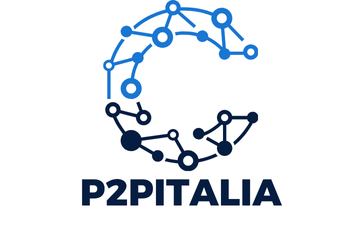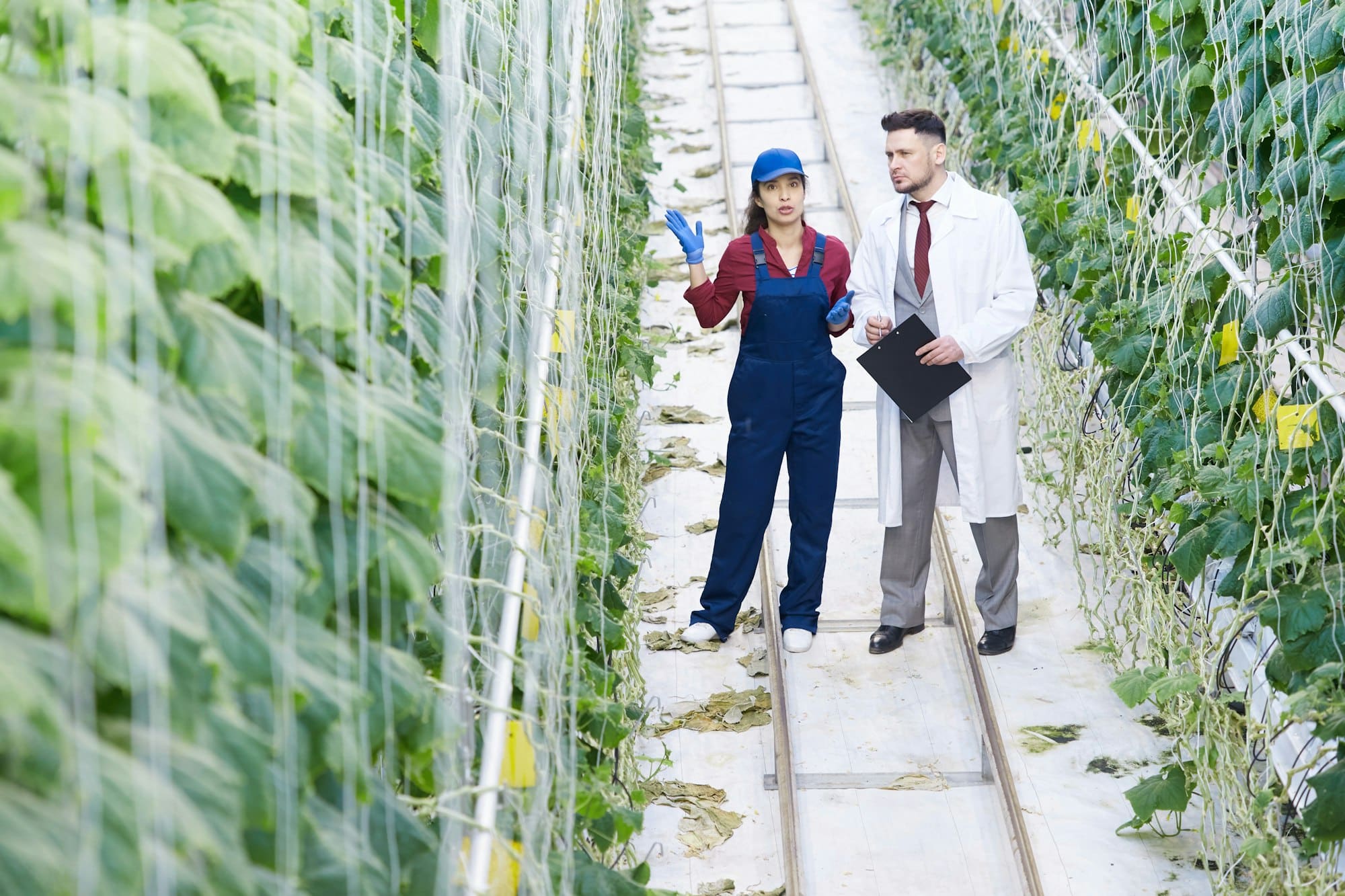Agriculture in the UK is undergoing a revolutionary transformation. AI-driven precision agriculture is redefining farming practices, enhancing productivity and sustainability. By leveraging data analytics, remote sensing, and machine learning, farmers can optimize resource use and improve crop yields. This technology not only addresses the ongoing challenges posed by climate change and population growth but also paves the way for more resilient farming systems. Explore the future of farming and discover how AI is set to shape a sustainable agricultural landscape in the UK.
Overview of AI in Precision Agriculture
In recent years, AI in agriculture has revolutionised the way we approach farming, particularly in the realm of precision farming technology. This innovative approach involves the use of data-driven techniques to enhance crop yield and resource management. Precision agriculture is defined as the application of information technology to ensure crops and soil receive exactly what they need for optimal health and productivity. It encompasses a variety of practices aimed at increasing efficiency, from soil monitoring to crop management.
Also to read : Unlocking the Advantages of AI in Supply Chain Management Across the UK: Transforming Efficiency and Innovation
AI technologies play a critical role in this transformation. Machine learning algorithms, for instance, can analyse vast amounts of data to predict weather patterns, identify pest outbreaks, and determine the best times for planting and harvesting. Drones equipped with sensors can monitor fields in real-time, providing farmers with detailed insights into crop health and soil conditions.
The importance of AI in addressing agricultural challenges cannot be overstated. As the global population grows, the demand for food increases, putting pressure on farmers to produce more with less. UK agriculture innovation is at the forefront of adopting these technologies, helping to tackle issues such as climate change, water scarcity, and soil degradation. By leveraging AI, farmers can make informed decisions, reduce waste, and ultimately contribute to a more sustainable and efficient agricultural system.
Also read : Unlocking the Power of AI: A New Paradigm for Fraud Detection in UK Businesses
Innovative Applications of AI in UK Farming
The integration of AI applications in agriculture has propelled UK farms into a new era of efficiency and productivity. By embracing smart farming solutions, farmers are able to optimize their operations and tackle longstanding agricultural challenges.
Drone Technology for Crop Monitoring
Drones are revolutionizing crop monitoring by offering real-time insights. Equipped with advanced sensors, they can assess plant health, detect pest infestations, and monitor soil moisture levels. This allows farmers to respond swiftly and effectively, reducing potential crop damage. An example of this is a farm in Surrey, which has successfully integrated drone technology to enhance its monitoring capabilities.
AI-driven Soil Analysis
AI-driven soil analysis provides farmers with precise data on soil composition and health. By analysing soil samples, AI can identify nutrient deficiencies and recommend tailored fertilisation plans. This ensures crops receive the necessary nutrients, leading to improved yields and sustainable farming practices. The use of AI in soil health assessment has been particularly beneficial in regions like East Anglia, where soil degradation is a concern.
Predictive Analytics for Yield Forecasting
Predictive analytics harness AI to forecast crop yields with remarkable accuracy. By analysing historical data and current conditions, AI models can predict future yields, enabling farmers to make informed decisions. A notable case study involves a farm in Norfolk, where yield prediction models have significantly enhanced planning and resource allocation.
Benefits of Integrating AI in Precision Agriculture
The benefits of AI in farming have ushered in a new era of agricultural efficiency and sustainability. By leveraging AI, farmers can achieve significant efficiency improvements and cost reductions. AI technologies streamline operations, enabling farmers to perform tasks such as planting and harvesting with precision, thereby reducing labour and resource expenditure.
One of the most notable advantages is the enhancement of crop yields and quality. AI systems analyse data to determine optimal conditions for crop growth, ensuring that plants receive the right amount of nutrients and water. This targeted approach not only boosts yields but also improves the quality of the produce, meeting market demands more effectively.
Another critical benefit is the promotion of sustainable agriculture. AI facilitates better resource management by monitoring and optimising the use of water, fertilisers, and pesticides. This not only conserves resources but also minimises environmental impact. For example, AI-driven irrigation systems adjust water usage based on real-time soil moisture data, reducing water waste and promoting conservation.
Incorporating AI into precision agriculture is a transformative step towards a more sustainable and efficient farming future. By addressing key challenges such as resource scarcity and environmental degradation, AI empowers farmers to produce more with less, ensuring long-term agricultural viability.
Challenges and Limitations of AI in Agriculture
Implementing AI in agriculture comes with its own set of challenges. One significant hurdle is the high initial investment required for technology adoption. Many farmers face financial constraints, making it difficult to invest in advanced AI tools and equipment. This barrier can slow down the widespread adoption of AI in farming, particularly for small-scale farmers.
Another critical issue is data privacy in agriculture. As farms increasingly rely on data-driven technologies, concerns over data security and privacy grow. Farmers must ensure that sensitive information, such as crop yields and soil conditions, is protected from potential breaches. This requires robust cybersecurity measures, which can be costly and complex to implement.
Furthermore, the skills gap in the agricultural workforce poses a challenge. Many farmers may lack the technical expertise required to operate and maintain AI systems. This skills deficiency can hinder the effective utilisation of AI technologies, limiting their potential benefits. To address this, targeted training and education programs are essential to equip farmers with the necessary skills.
Despite these challenges, overcoming these technological barriers is crucial for the successful integration of AI in agriculture. Addressing these issues will enable farmers to harness the full potential of AI, driving innovation and sustainability in the sector.
Future Trends in AI and Precision Agriculture
As the future of farming technology unfolds, several emerging trends in agriculture are poised to transform the industry. One significant development is the growth of AI-driven decision-making tools. These tools leverage vast datasets to provide actionable insights, enabling farmers to make precise decisions about crop management and resource allocation. Such advancements are expected to enhance productivity and sustainability.
The integration of the Internet of Things (IoT) with AI in farming is another trend gaining momentum. By combining IoT devices with AI algorithms, farmers can achieve real-time monitoring and automation of agricultural processes. This synergy facilitates efficient water usage, pest control, and soil management, optimising the entire farming ecosystem.
Looking ahead, predictions for the next decade in precision agriculture highlight a shift towards fully autonomous farming systems. These systems will utilise drones, robots, and AI to perform tasks with minimal human intervention, drastically reducing labour costs and increasing efficiency. Additionally, advancements in AI are expected to lead to more sophisticated predictive analytics, further refining yield forecasting and risk management.
In summary, the AI advancements in precision agriculture are set to redefine traditional farming practices, paving the way for a more efficient, sustainable, and technologically advanced agricultural future.
Expert Opinions and Insights
The integration of AI in agriculture has garnered diverse expert views. Agronomists highlight AI's role in enhancing precision and sustainability. By analysing data, AI helps optimize inputs, leading to better yields and resource management. This is crucial as farmers face challenges like climate change and soil degradation.
Interviews with UK farmers reveal practical insights into AI's impact. Many farmers embracing AI report significant improvements in efficiency and productivity. For instance, a farmer from Yorkshire shared how AI-driven tools have streamlined operations, reducing labour costs and improving crop quality. These experiences underscore AI's transformative potential in farming.
Agricultural experts recommend several future developments in precision agriculture. They emphasize the need for accessible AI technologies, ensuring small-scale farmers can benefit. Additionally, they advocate for robust training programs to bridge the skills gap in the agricultural workforce. This would empower more farmers to effectively utilize AI, maximizing its benefits.
Moreover, experts suggest fostering collaborations between tech developers and farmers. This partnership could drive innovation, tailoring AI solutions to meet specific agricultural needs. By addressing these areas, the agricultural sector can fully harness AI's capabilities, paving the way for a sustainable and efficient future.











